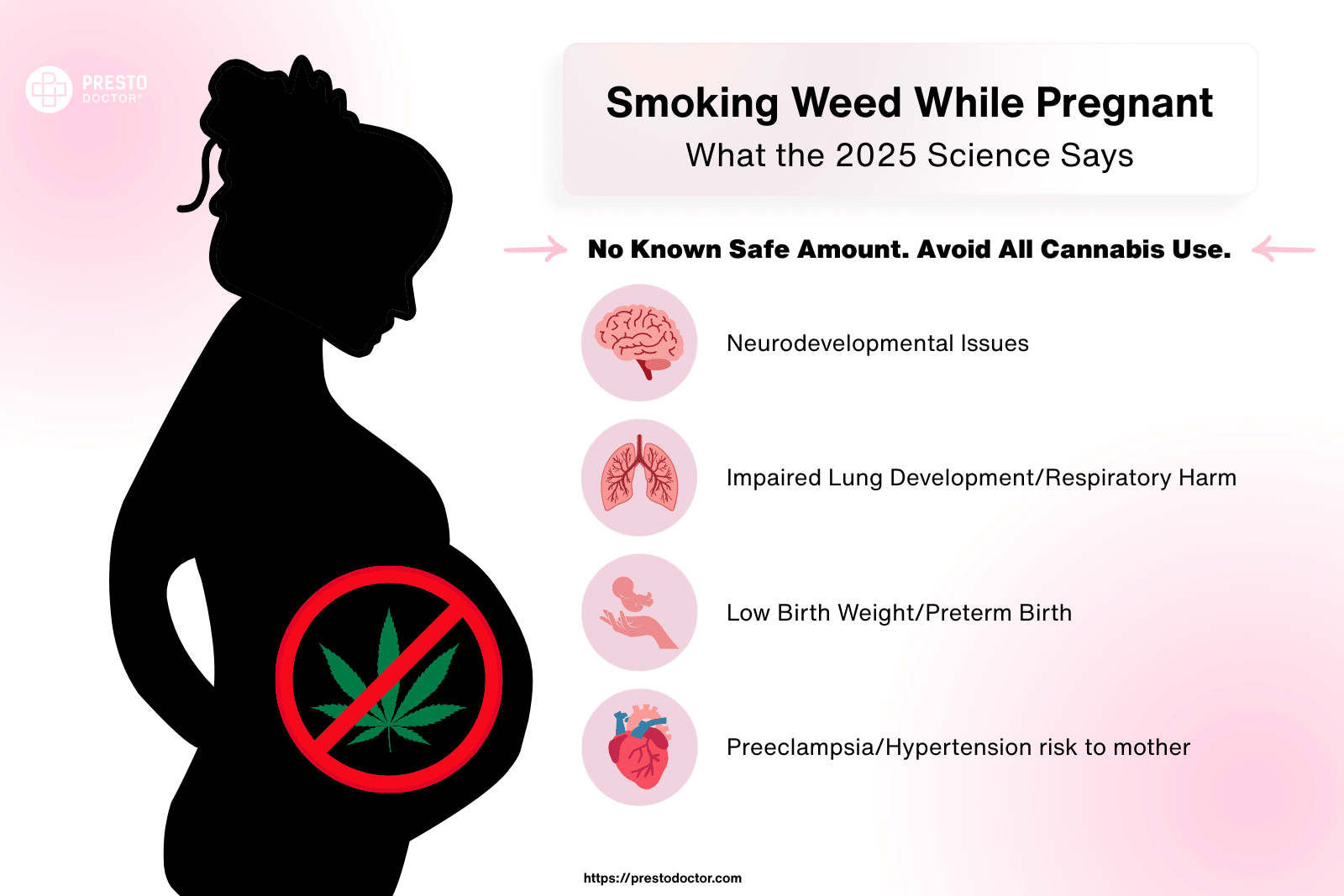
Cannabinoids are chemical compounds found in the cannabis plant that interact with the body’s endocannabinoid system, a vital component in regulating various physiological and cognitive processes. With the growing interest in cannabis for both medical and recreational purposes, understanding cannabinoids’ significance, including their therapeutic benefits, is essential for making informed choices. This guide will delve into the various types of cannabinoids, their effects, and how to choose the right one for your needs.
The Basics of Cannabinoids
Cannabidiol (CBD) and tetrahydrocannabinol (THC) are two prominent cannabinoids derived from the cannabis plant. Despite their shared origin, they exhibit distinct effects on the human body. CBD is a non-psychoactive compound, meaning it does not induce a euphoric sensation, unlike its psychoactive counterpart, THC.
CBD is often helpful for its potential therapeutic benefits, including anxiety reduction, pain relief, and sleep improvement. In contrast, THC is responsible for the characteristic “high” that accompanies cannabis use, while also possessing potential medical benefits such as pain alleviation, nausea reduction, and appetite stimulation.
Key Takeaways
- CBD and THC are among the most well-known cannabinoids; CBD is non-psychoactive, while THC is psychoactive.
- Different cannabinoids provide various effects, such as pain relief, anti-inflammatory properties, and potential anti-anxiety effects.
- CBD is commonly helpful for conditions such as epilepsy and anxiety, whereas THC is popular for pain relief and nausea.
- When selecting a cannabinoid product, consider the desired effects, individual tolerance levels, and product quality.
- Explore other cannabinoids, such as CBG and CBN, which may have unique medical benefits worthy of consideration.
The Effects of Different Cannabinoids on the Body
Well-Known Cannabinoids
Some of the most recognized cannabinoids include cannabigerol (CBG), cannabinol (CBN), and cannabichromene (CBC).
- CBG: Known for potential anti-inflammatory and neuroprotective properties, CBG may be useful in treating conditions like inflammatory bowel disease.
- CBN: Potential to have sedative effects, CBN is often a consideration for aid for insomnia and sleep disorders.
- CBC: With promising anti-inflammatory and pain-relieving properties, CBC has been studied for its potential in treating acne, depression, and chronic pain.
Unlocking the Potential of Cannabinoids
While much of the research has focused on CBD and THC, there is increasing interest in the therapeutic benefits of lesser-known cannabis compounds. Understanding their unique properties and how they interact with the body can help users make informed decisions regarding cannabis products for their health and wellness needs.
Exploring the Medical Benefits of CBD, THC, and Other Cannabinoids
CBD and THC have undergone extensive research for their medical applications. CBD has been explored for its anti-anxiety, anti-inflammatory, and neurologically protective properties, showing promise in treating epilepsy and chronic pain. THC has been effective for managing chronic pain, nausea and vomiting, and muscle spasticity, among other conditions.
Additionally, the potential medical applications of CBG, CBN, and CBC continue to be a discovery. Studies suggest CBG could serve as an antibacterial agent and neuroprotective compound, while CBN might help with sleep disorders. CBC’s anti-inflammatory properties could make it a valuable option for treating various health concerns.
How to Choose the Right Cannabinoid Product for Your Needs
| Cannabinoid Type | Effects | Medical Benefits |
|---|---|---|
| CBD (Cannabidiol) | Non-psychoactive, calming | Pain relief, anxiety reduction |
| THC (Tetrahydrocannabinol) | Psychoactive, euphoric | Pain relief, appetite stimulation |
| CBN (Cannabinol) | Mildly psychoactive, sedative | Sleep aid, anti-inflammatory |
| CBG (Cannabigerol) | Non-psychoactive, anti-inflammatory | Antibacterial, neuroprotective |
With so many different cannabinoids and cannabis products available, it can be challenging to know which one is right for your needs. When selecting a cannabinoid product, consider the following factors:
- Desired Effects: If you seek relief from anxiety or pain without the “high,” a CBD-dominant product may be ideal. For nausea or muscle spasm relief, a THC-dominant product can be effective.
- Method of Consumption: It’s also important to consider how you want to consume the cannabinoid product. Prefer not to smoke? Consider CBD or THC oils that have the option to consume orally. For fast-acting relief, vaporizers or tinctures may be preferable.
- Quality Assurance: Choose reputable sources that guarantee product quality and safety, ensuring effectiveness and minimizing risks.
Differences Between Cannabinoids
While CBD and THC dominate the world of cannabinoids, numerous others present unique effects and therapeutic benefits. Understanding these differences assists individuals in making informed cannabis product choices tailored to personal health and wellness goals.
With ongoing research into cannabinoids and their implications for health, it’s crucial to consult with a healthcare professional as needed to facilitate safe and effective use.
FAQs
What are cannabinoids?
Cannabinoids are compounds in the cannabis plant that engage with the endocannabinoid system, influencing physiological and cognitive functions.
What is CBD?
CBD, or cannabidiol, is a non-psychoactive cannabinoid known for potential therapeutic effects, including anxiety reduction and pain relief.
What is THC?
THC, or tetrahydrocannabinol, is the primary psychoactive cannabinoid associated with marijuana’s “high,” also offering therapeutic benefits like pain relief.
What are the differences between CBD and THC?
CBD is non-psychoactive with various therapeutic uses, while THC is psychoactive and mainly sought for its intoxicating effects.
What are other types of cannabinoids?
Numerous cannabinoids exist in cannabis, such as CBG, CBN, and CBC, each with unique effects and potential health benefits.






